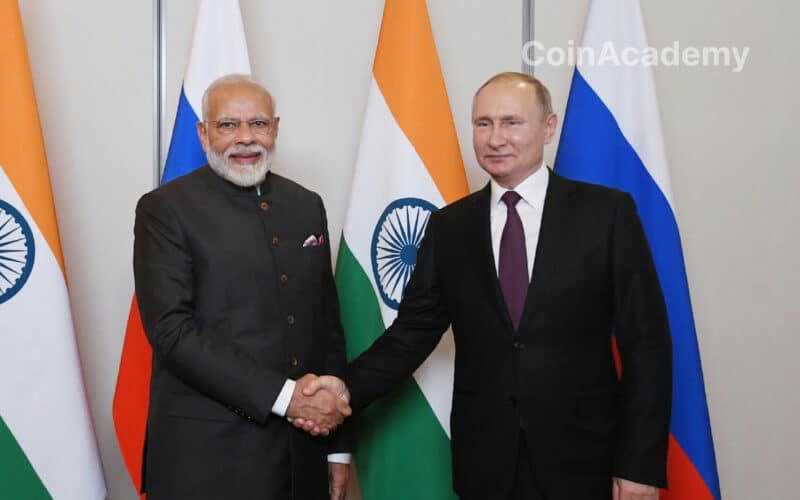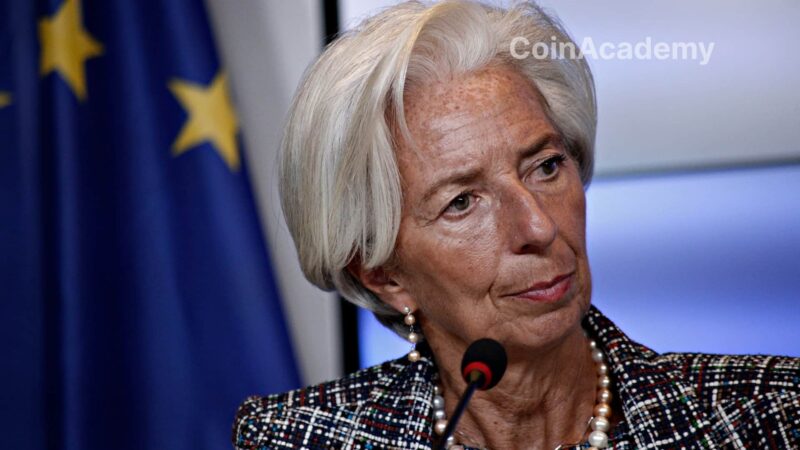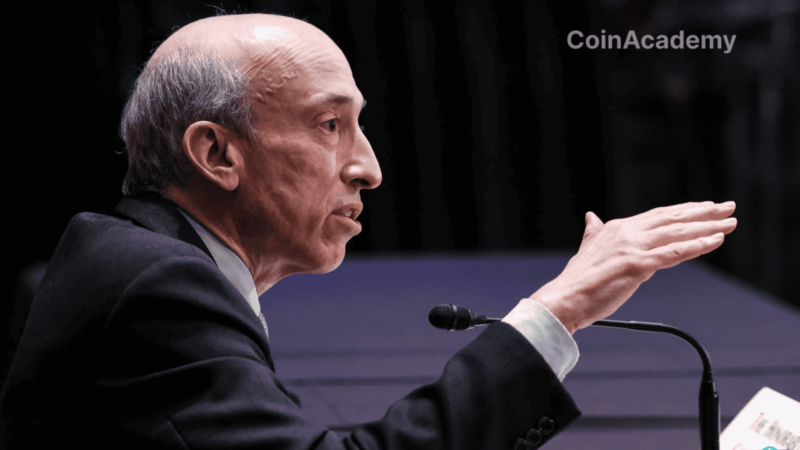BRICS Summit 2023: Major Revelations and Expansion Plans
Johannesburg has been the focal point of international discussions this month, with major revelations about the future of the BRICS (Brazil, Russia, India, China, and South Africa). The 2023 summit not only confirmed the BRICS’ desire to move away from dependence on the US dollar but also announced the expansion of this influential bloc with the addition of six new member countries. Here is a summary of the key news from multiple reports.
Vision of a ‘De-dollarized’ Economy
The first major news from the summit is the goal of a ‘de-dollarized’ global economy. The emerging bloc aims to minimize its dependence on the US dollar by promoting financing in their local currencies and the Chinese yuan. The New Development Bank (NDB), established in 2015 by the BRICS, will play a crucial role in this ambitious plan.
Dilma Rousseff, former president of Brazil and current president of the NDB, stated that 30% of the bank’s loans will be in local currencies. Thus, credits granted to South Africa will be partially in rand and those to India in rupees. This is not so much an alternative to the dollar, explained Rousseff, but an alternative to a ‘unipolar’ financial system. However, the transition to a multipolar global economy will not be without challenges.
Historic Expansion
The second major headline is the expansion of the BRICS. South African President Cyril Ramaphosa announced the addition of six new countries: Saudi Arabia, Argentina, Egypt, the United Arab Emirates, Ethiopia, and Iran. This expansion will take effect on January 1, 2024. The inclusion of these nations in the emerging bloc is seen as a step towards increased influence on the global stage.
Conflicts and Consensus
The expansion negotiations took place against a backdrop of geopolitical and economic tensions. While China, which accounts for about 70% of the group’s GDP, clearly favored expansion, India had reservations. Brazil also feared a dilution of its influence. The final consensus demonstrates growing flexibility and maturity within the BRICS, despite divisions exacerbated by conflicts like Ukraine.
BRICS and Africa
The summit was also an opportunity for member countries to strengthen their ties with Africa, a continent increasingly seen as a major diplomatic battleground. Chinese President Xi Jinping, who had already strengthened his ties with Africa in 2018, made a state visit to South Africa, highlighting the importance of the continent for the BRICS.
In Conclusion
The 2023 BRICS summit has ushered in a new chapter in the rise of this emerging bloc, both in terms of membership and economic ambitions. With the addition of six new nations and a clear desire to reduce dependence on the dollar, the BRICS seem poised to play an even more influential role in global affairs.
While these developments mark a turning point, they also raise questions about the balance of geopolitical and economic power in a rapidly evolving world. The United States, for its part, has stated its intention to maintain ‘strong relations’ with the bloc’s countries, while not considering the BRICS as future ‘geopolitical rivals’.
The expansion and declared ambitions of the BRICS represent a bold reaffirmation of their rise on the global stage, a movement that deserves sustained attention.




